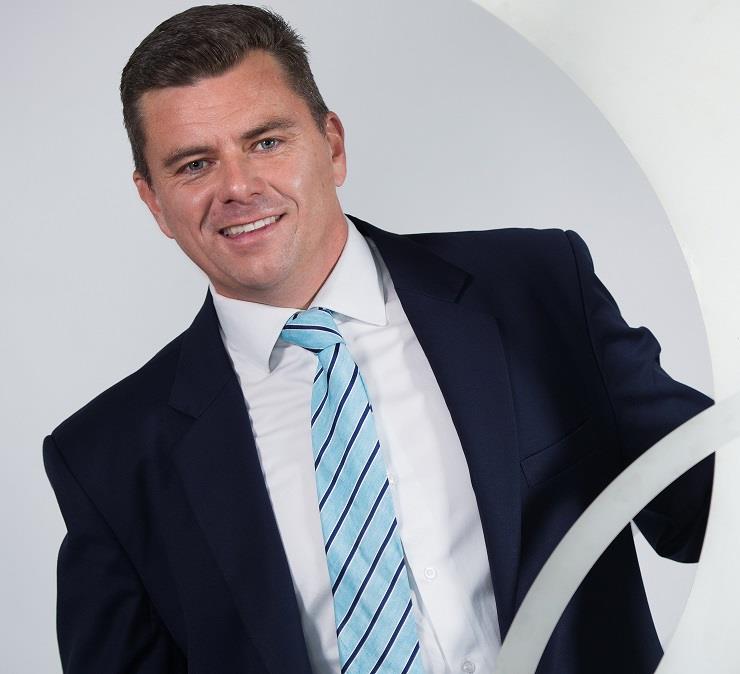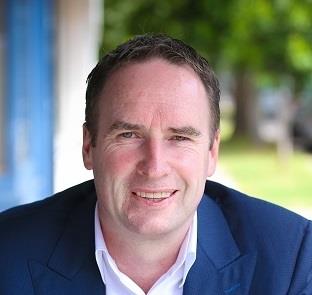About Me
Marcus Netto
Financial PlannerAnnouncer Group
www.announcer.com.au
Sydney, New South Wales
0292515558
In my journey to becoming an adviser, I think I have definitely taken "the road less travelled". I say this because I had my first exposure to the financial services industry many years before actually making a career out of it. I used to "work" at my father's small advice practice after school and on weekends, helping him organise paperwork, file documents and arrange for client letters to be sent out.
I think it was this time in my life that actually laid the foundation for what would ultimately become my career.
After finishing high school I decided to follow my passion for food and began a chef's apprenticeship. I worked my way up the ranks of some of Sydney's best restaurants, then took my skills abroad after deciding to "pack up shop" and leave for London in my early twenties.
After 8 years in the hospitality industry, I made the decision to make a change and to follow what was becoming a new passion and begin my studies in financial planning, eventually following through with a complete career change into becoming an adviser.
This definitely wasn't the conventional way to go about things but if given the chance to go back in time I would most definitely do it all again. Those experiences were some of the most enjoyable (and tiresome) of my life but I truly believe that they helped shaped me as a person.
Those experiences taught me to be truly independent, the value of hard work and the importance of consistency. I still carry those traits with me today.
I feel lucky to be part of the team here at Announcer. They not only allow, but encourage me to build strong relationships, be proactive both in my personal and professional life as well as giving me the necessary guidance in key areas of my career development.
To be able to do all of this with a group of people that I enjoy spending time with both inside and outside of work makes me all the more grateful for the opportunities that I have been afforded.
https://au.linkedin.com/in/marcusnetto
I think it was this time in my life that actually laid the foundation for what would ultimately become my career.
After finishing high school I decided to follow my passion for food and began a chef's apprenticeship. I worked my way up the ranks of some of Sydney's best restaurants, then took my skills abroad after deciding to "pack up shop" and leave for London in my early twenties.
After 8 years in the hospitality industry, I made the decision to make a change and to follow what was becoming a new passion and begin my studies in financial planning, eventually following through with a complete career change into becoming an adviser.
This definitely wasn't the conventional way to go about things but if given the chance to go back in time I would most definitely do it all again. Those experiences were some of the most enjoyable (and tiresome) of my life but I truly believe that they helped shaped me as a person.
Those experiences taught me to be truly independent, the value of hard work and the importance of consistency. I still carry those traits with me today.
I feel lucky to be part of the team here at Announcer. They not only allow, but encourage me to build strong relationships, be proactive both in my personal and professional life as well as giving me the necessary guidance in key areas of my career development.
To be able to do all of this with a group of people that I enjoy spending time with both inside and outside of work makes me all the more grateful for the opportunities that I have been afforded.
https://au.linkedin.com/in/marcusnetto








